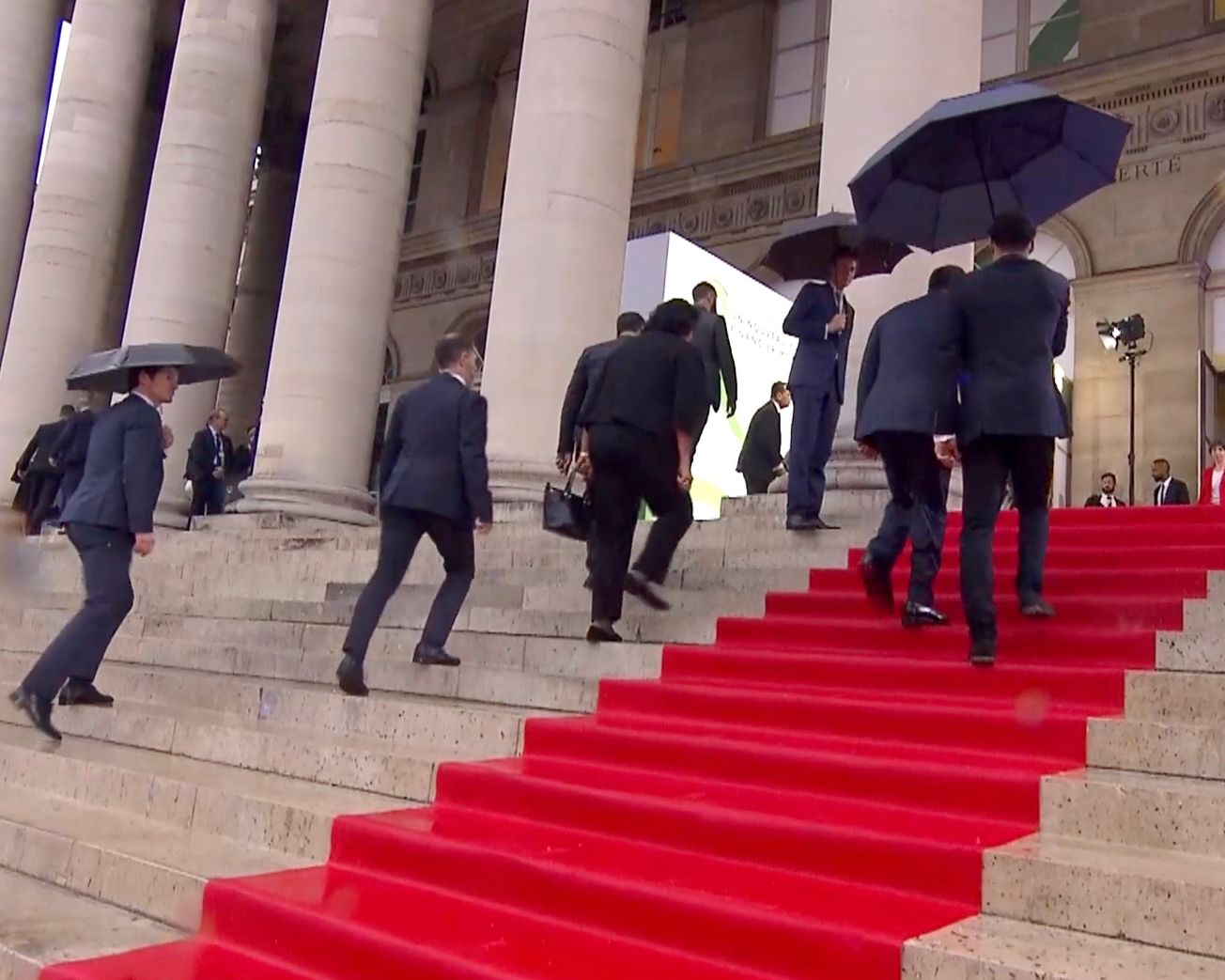Dozens of world leaders and climate activists wrapped up a Paris summit grasping at new financial solutions for protecting the planet and eliminating poverty.
The central theme of the two-day Summit for a New Global Financial Pact that ended on Friday was how to unleash trillions of dollars for developing nations to fight the climate crisis.









